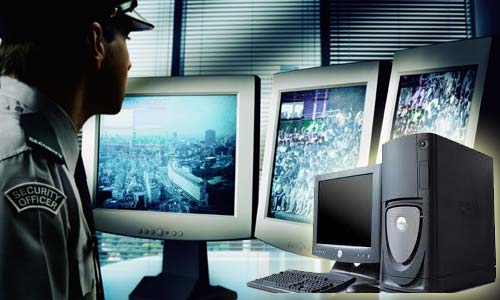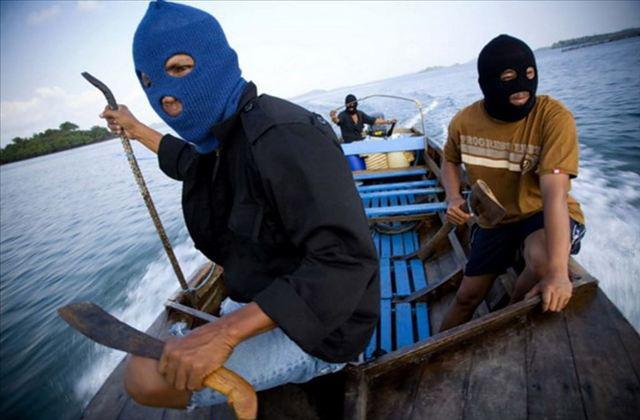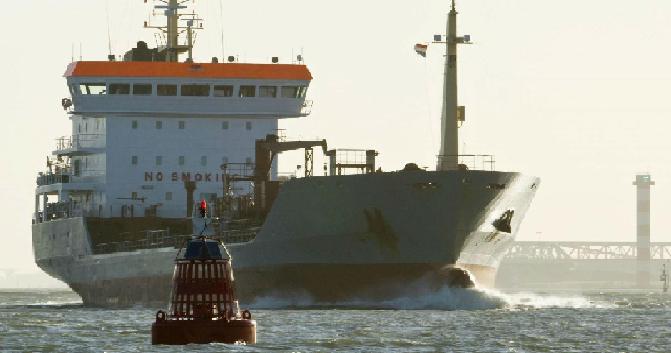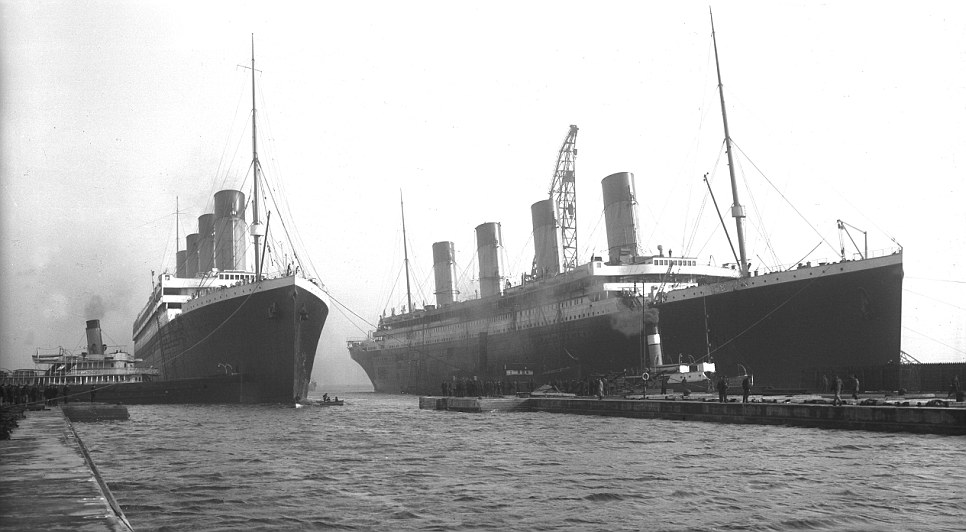
Marine fire alarm systems have evolved tremendously over the past few decades; the first alarms were simple bells that were rung when there was a problem on board a vessel and after the alarm was raised the crew would rush and identify the problem before a plan was made and executed to deal with the situation but today there in modern computer hard and software that are specially developed for this purpose on board marine and other vessels.

Gone are the days that the crew had to remain vigil constantly looking for sighs of fire onboard a vessel? Today marine fire alarm systems installed on board most vessels manage and keep constant check on the atmospheric gasses within the vessel, ready to detect fire or smoke and raise the alarm. These computer operated system have proven to be more efficient since they go beyond setting off the alarm and begin the fire dousing process in advance before the crew assemble and begin fighting the fire manually.
Most vessel today have sophisticated fire fighting systems making them approximated 90% more efficient at dousing fire on board vessels compared to half a century ago. The fact that the computerized marine fire alarm systems is not constricted to just one operation and has in fact several different critical operations that are done by it greatly reduce the chance of fire spreading and consuming the whole vessel. Being to identify the source and location of the fire at a blind of an eye and distributed the information concerning the emergency to different stations on board the vessel ensures that there is no confusion and a plan can be executed with precise timing which is the most critical factor when fighting a fire.
The computerized marine fire alarm systems has many advantages and has proven to be very effective to reducing the risk on board a vessel but this does not ensure that the fire will be doused. This mainly depends on the extent of the fire and what material has caught fire. Some materials when ignited pose high risk since they are very difficult to extinguish, materials that consist of ammonium nitrate like fertilizer pose high risk to fire fighting efforts.
marine fire alarm systems are designed to alert the crew at the earliest stage or after detection of possible fire and some may begin the process by triggering fire sprinklers that may be located in the section affected by the fire, but the majority of the effort must be executed by the vessels crew. The vessel crew a more responsible for controlling the blaze before it spreads and this can only be effectively done by actuating swiftly when the incident happens.
Technology has improved the chances of stopping or controlling fires onboard marine vessel but the crew must not reply totally of the technology as it could fail without notice and the whole crew and vessel could be caught off guard while waiting for marine fire alarm systems to raise the alarm only to find themselves abandoning ship due to the extensive spread of the fire within the vessel.







